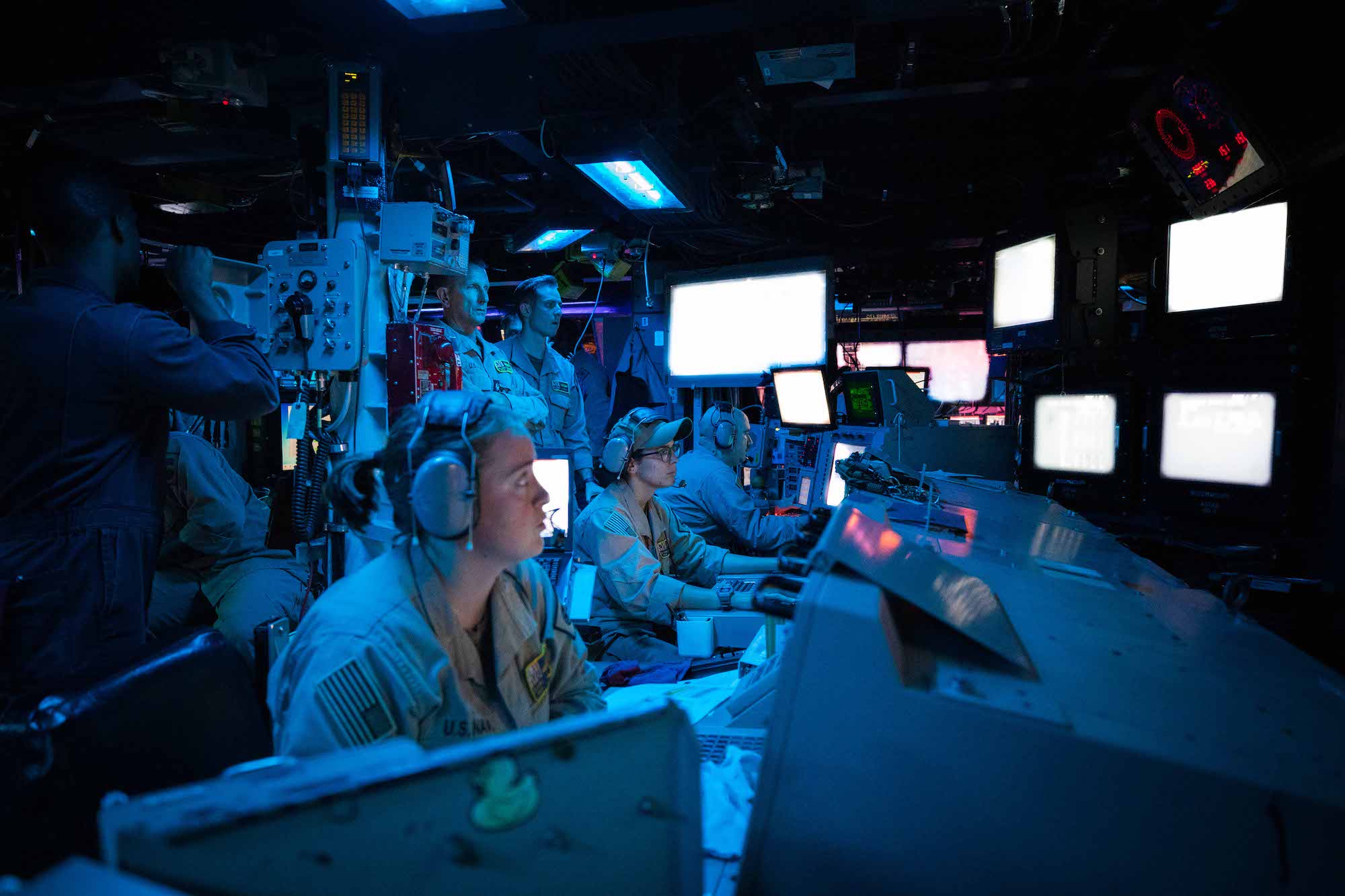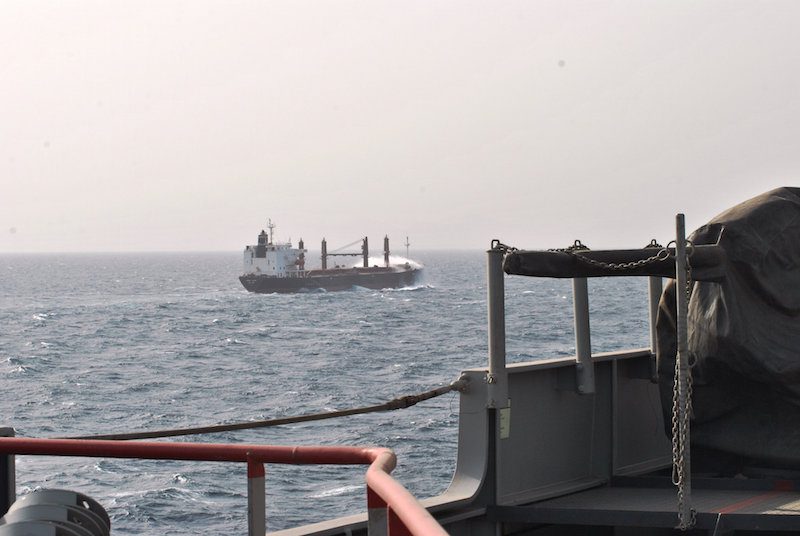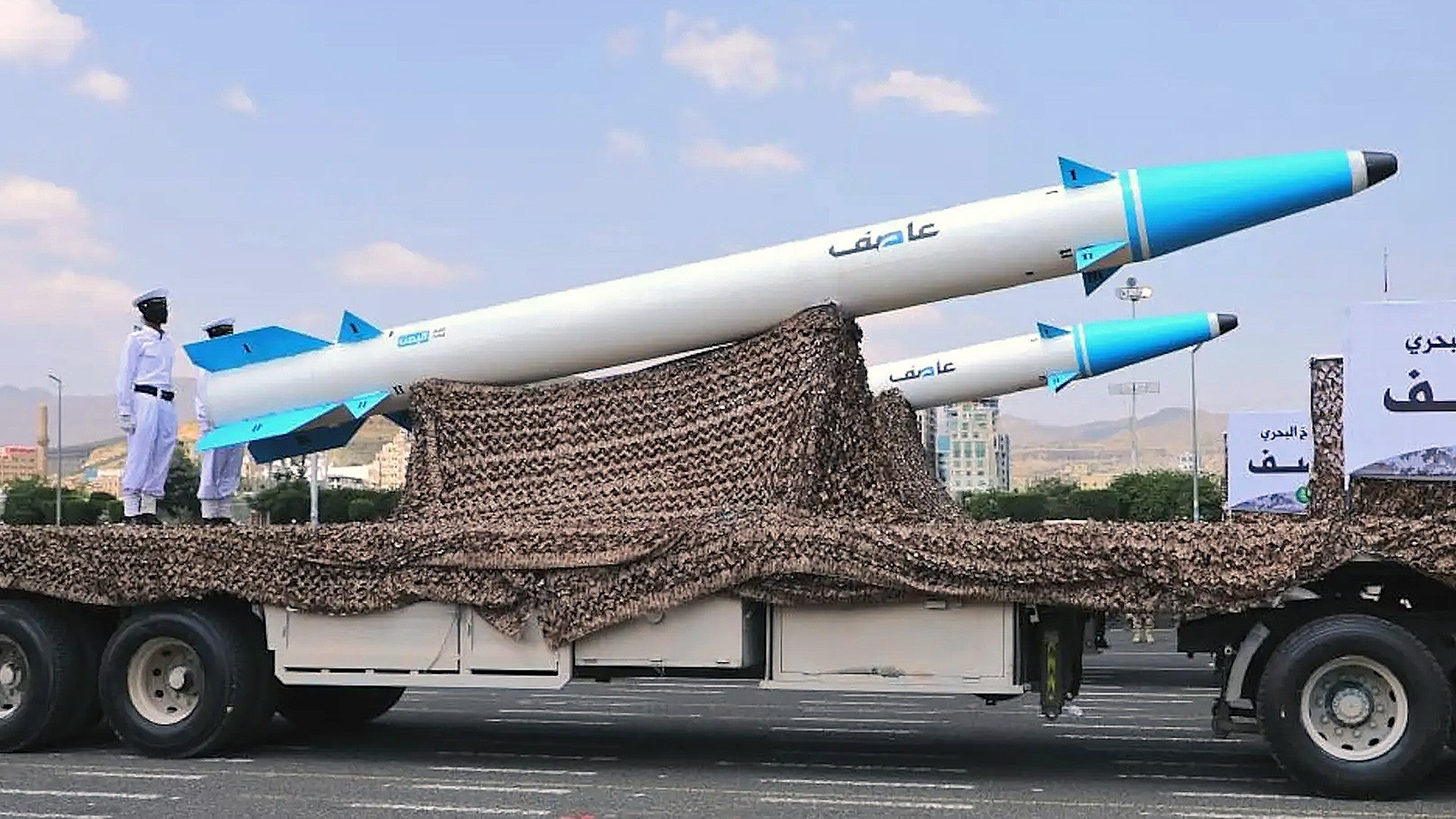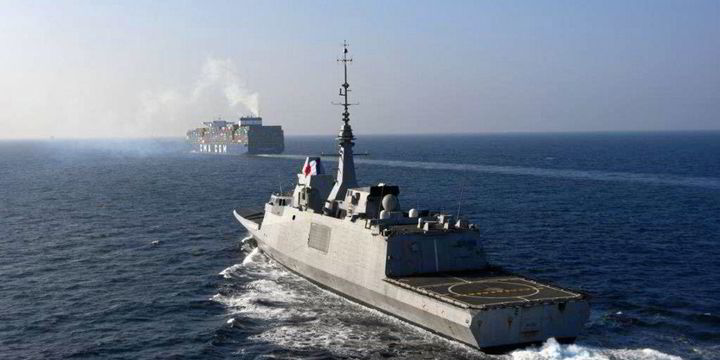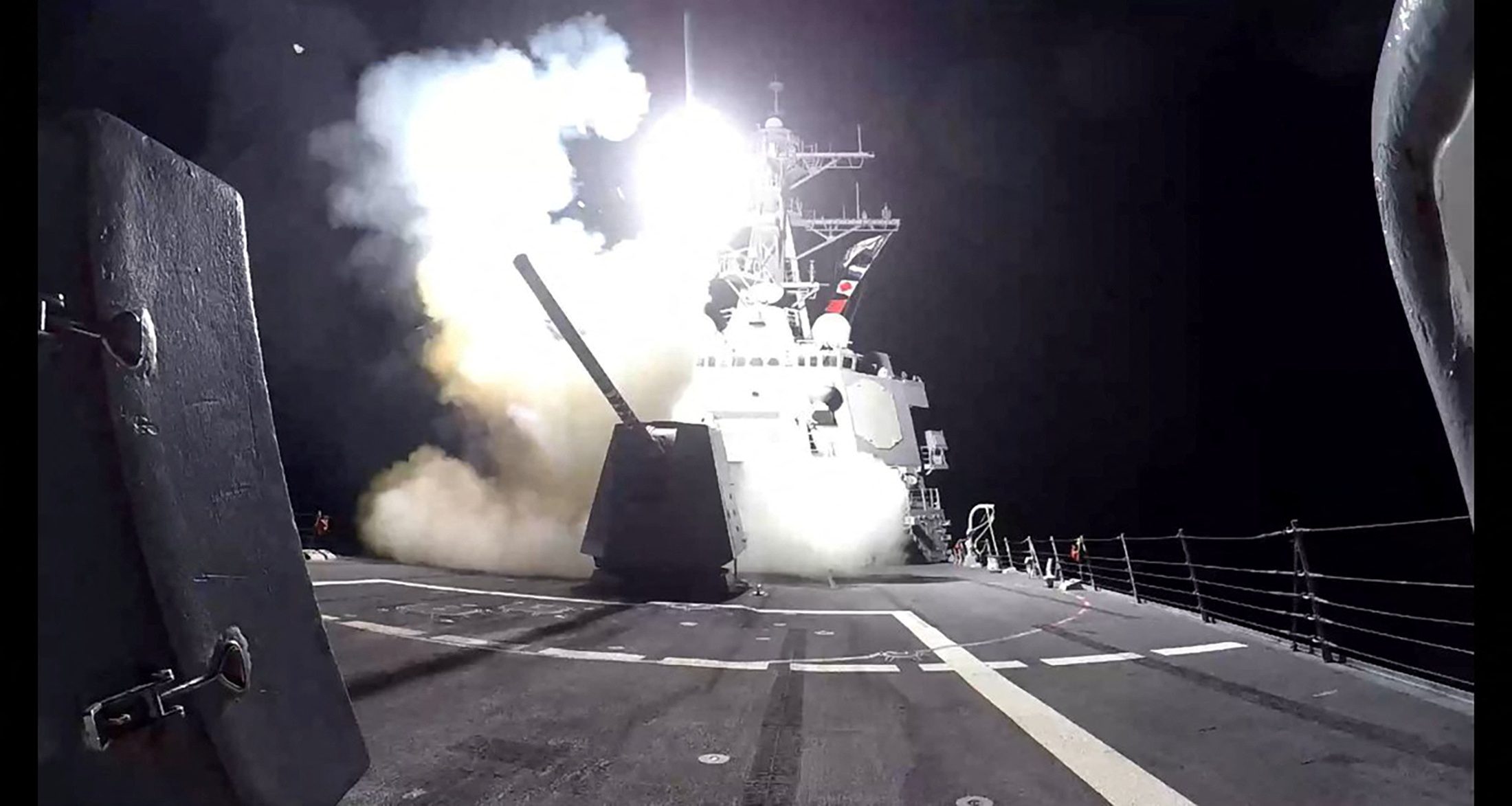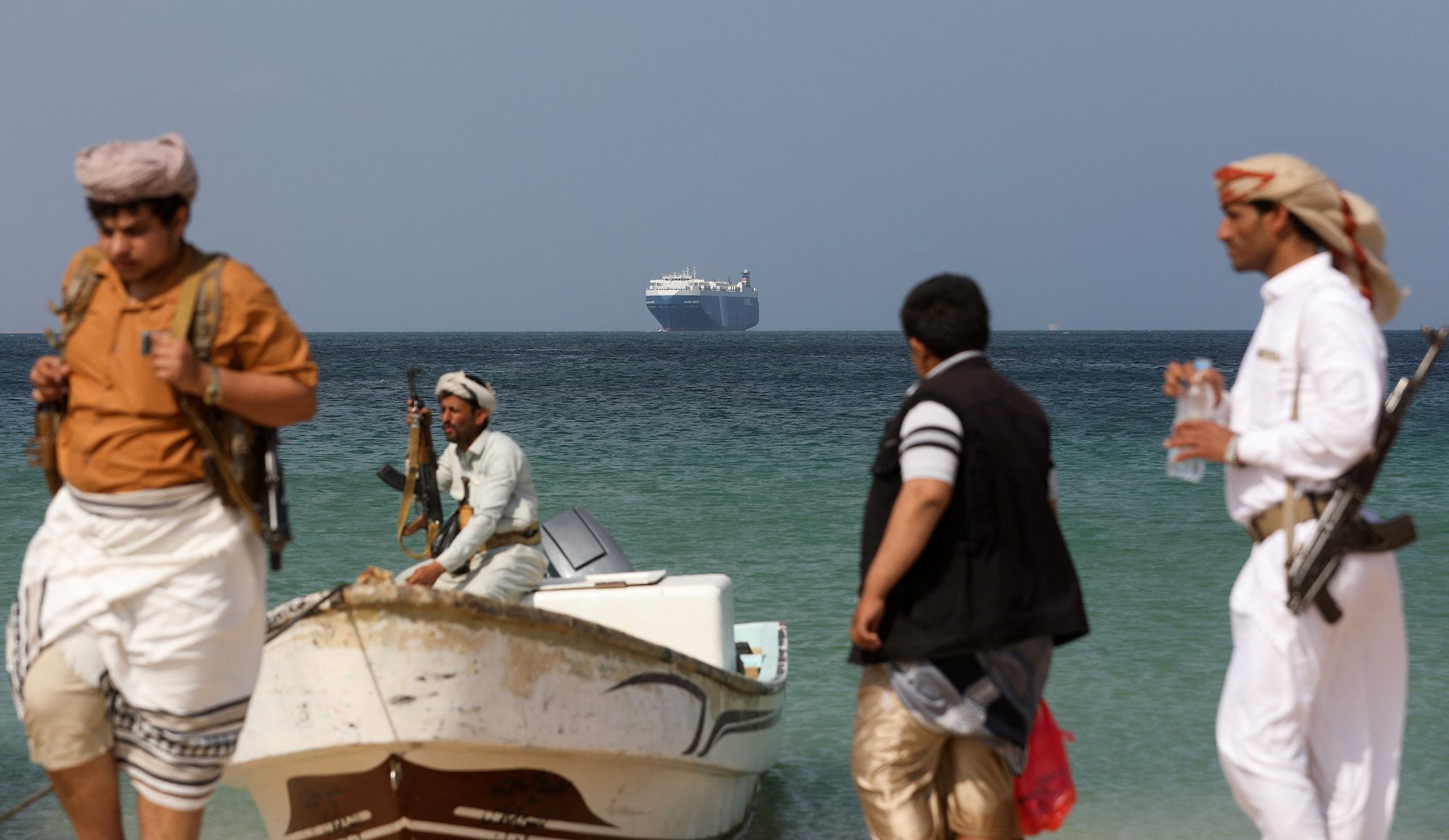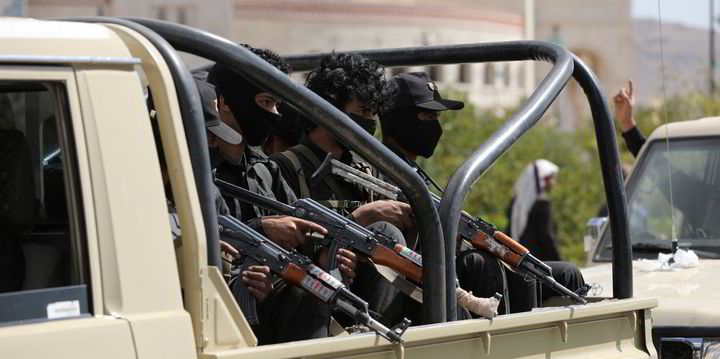The Houthi's stood toe to toe with Saudi Arabia, despite us supply Saudi Arabia with top notch weapons. Is it possible that if we use our top tier fighter jets to target their real valuable assets that they have ways to defend them? I don't know. What I do know is they have already seen much of our top technology in action, we have starved their children to death, and they are still standing their screaming for us to "bring it on".
I think there is more to this that we do not know. That both sides are holding back, that both sides can do more damage, but the Houthi's have time on their side as diversity and feminism eat the west from within and the US heading into an election year doesn't want a full scale war and to have more $35 million drones shot down and more soldiers killed to support the ever more unpopular Israel
Saudis had different goals than we do: they wanted to quench the Houthi uprising, overthrow the rebel government and bring the entire country under their heel - and it couldn't be done through an air campaign alone. They had to go in and try to recapture Houthi-held territories, and looking at a topographic map it's easier said than done - there's a nasty looking mountain range between KSA and the Yemeni coastal plain. Saudis failed because they couldn't establish safe supply routes through those mountains. We don't have to do it, the Houthi rule over parts of Yemen is not our problem, their anti-ship missiles are our only problem. And as long as our goals are to eliminate that specific threat, the US Navy has the tools to do it: 24/7 drone surveillance followed by a strike package at any anti-ship complex (launchers and radars) that comes into the open. Can Houthis counter that ? - Yes by dispersing and concealing their assets, and it's safe to say that they're good at playing hide and seak (their practiced it with the Saudis). But no matter how well they can hide their launchers, they'll have to bring them out in order to launch further attacks - and if the US Navy is fully commited, they will be there with an eye in the sky waiting for that moment.
Last edited:


